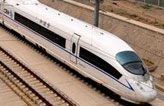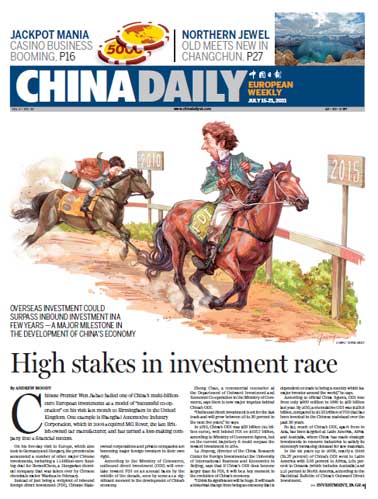Op-Ed Contributors
Mainland schools need reform to compete
Updated: 2011-07-18 08:04
By Sun Shangwu (China Daily)
When the gaokao, or national college entrance exam, scores are released every summer they usually cause a media frenzy, as pages and airtime are devoted to stories about the top-scoring students and their families.
But this summer, besides such routine coverage, two other gaokao-related stories have grabbed the headlines.
Two well-known universities in Shanghai - Fudan University and Jiaotong University - were at the heart of one of the stories, when Fudan accused Jiaotong of trying to poach students that it had already enrolled.
It is normal for universities to compete to enroll high-quality students. But the enrollment scandal has seriously damaged the reputation and undermined the credibility of mainland universities and is seen as just the tip of iceberg in terms of the fierce competition among them.
The other story is even more revealing. So far, at least 17 top scorers from different provinces and municipalities, including three from Beijing, have decided not to enroll with prestigious mainland universities, such as Peking University and Tsinghua University, and have opted instead for the University of Hong Kong or Hong Kong University of Science and Technology.
After the central government resumed sovereignty over the Hong Kong Special Administrative Region (HKSAR), universities in the HKSAR started to tap the mainland market by enrolling elite high school graduates. At first, it was seen as a trial practice, but more and more top students on the mainland now choose to study in Hong Kong, and the number reached a record high this year.
The enrollment of 17 top gaokao scorers by Hong Kong universities provoked hot debate in the media about whether the quality of education provided by Hong Kong universities is better than their mainland counterparts?
When interviewed the students said they chose Hong Kong universities because they have better international backgrounds: many courses are taught in English, and students have more opportunities to participate in international exchanges and have better access to the international job market. Academic freedom, including the free selection of courses and an easier way of changing specialties, also added weight to their choice, and, of course, last but not the least, the high scholarship - HK$160,000 ($20,527) per student - was also a big attraction.
The decision by these top scorers to attend Hong Kong universities rather than mainland universities is definitely the result of market competition, and this calls for the mainland to reform its education system.
Universities on the mainland have often been accused of employing third-class teachers to train first-class students with second-class facilities.
The rigid education system, with its examination-oriented teaching methods and scores-based performance evaluation, has dragged the feet of mainland schools in the fierce competition for students.
For more than 1,000 years, scores in the imperial civil service examinations were the only benchmark for judging people's abilities. But in modern society, exams and scores should not be the only means, especially when innovation is the top priority for pushing forward the country's social and economic development.
China's continued development will only be sustained by talent; people that just specialize in achieving high exam scores will not be able to complete this task.
It is justified for universities to spare no efforts in enrolling the best students, but that is just the beginning. It is even more urgent and important to reform the education system so our students are better able to meet the needs of the times.
The author is assistant editor-in-chief of China Daily.
(China Daily 07/18/2011 page8)
E-paper

The perfect cut
Companies need to revamp, standardize to stave off quality challenges
Crowning achievement
Living happily ever after
Let there be smell
Specials

My China story
Foreign readers are invited to share your China stories.

90th anniversary of the CPC
The Party has been leading the country and people to prosperity.

Setting the pace in Turkey
China is building a 158-km high-speed railway in Turkey.
